Cris | He/Him
Why Ain't There Trees In Da Ghetto? Or, A Soul Requiem To A Flooded Skin
Oswego, NY, USA
Tropical and Subtropical Grasslands, Savannas, and Shrublands
Session 8: March 25, 2023
Our story is Biblical and lyrical, generational and sensational. My story is a call to action, a hope that you’ll react to these disasters. This is a piercing steeple, this is an account of a dying people.
I remember when the heavens opened and flood waters cried across the city of New Orleans, in the same way that the earth quaked and cracked at the feet of Haitians holding hands hoping for a moment of solace, a minute of silence, both from the climate’s creaking curses and the media’s menacing malice that painted them as the cause of their own suffering.
Why is it, then, that we’re constantly, consistently the victims, the melting brown ice-caps whose colors never qualify for the same coverage as some others? From here to there, don’t you think we too are scared of the skies that seem to force us into more misfortune? Every minute and every hour someone who looks like me dies at the hands of a natural disaster that acts more like a master, whipping and lynching with rain instead of rope, pain instead of hope — flood waters wiping out what was once someone’s village, someone’s home, someone’s town that has been drowned down into nonexistence.
When was the last time you thought about the rising Caribbean seas that see floods and insane hurricanes, winds that blow harder than kids with their birthday cake candles? No, instead we look at what’s trending, while people are fending for themselves with no help. And before you tell me these are things not from any familiar source, half of these facts were read in an article from Forbes. So pull the cord on your subtle bias. You cannot deny this. You cannot hide this.
A 2009 report from the USC states consequences of climate change, including extreme heat, devastating floods and air pollution, result in higher risks of death for African Americans and low-income individuals.
According to the APHA, communities of color are more likely to experience pre-existing health conditions and poor living conditions, making it difficult to build climate resilience, or the ability to prepare and respond to extreme events that occur due to climate change. In South Los Angeles, where residents are predominantly people of color, nearly three-fifths of households did not have access to air conditioning in 2020.
This is not a moment to show off your Instagram wack activism, this is life or death, a matter of this Black man’s health. Kids in the projects are exposed to the most pollution, but I’m supposed to place my hand on my chest and sing high keys of the Constitution? There are no trees in the ghetto, only concrete and heat with no solar panels. At this point most people have changed the channel. I mean, why take a stand, when our kids are dropped into a wasteland and there really is no reason to bother when Flint, Michigan still doesn’t really have clean water. More likely to breathe in polluted air, more likely to live near coal plants, more likely to live near housing waste from fossil fuel infrastructure.
In my short time I have to make these mentions, even if you can’t do anything to stop it, I urge you to at least listen.
Cris is currently the artist-in-residence at SUNY Oswego, winner of the 2023 Black Broadway Men Playwriting Initiative, and recipient of the Emerging Playwrights Fellowship from The Scoundrel & Scamp Theatre; and was in the inaugural class of fellows for the Black Theatre Coalition.
